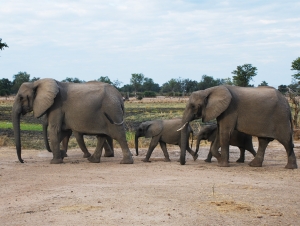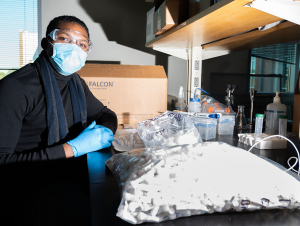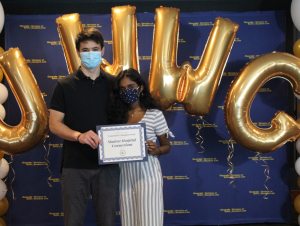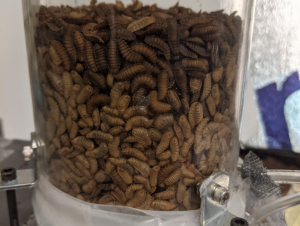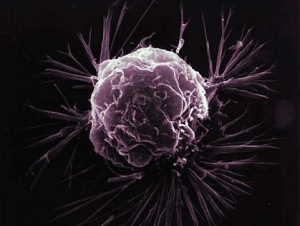To request a media interview, please reach out to experts using the faculty directories for each of our six schools, or contact Jess Hunt-Ralston, College of Sciences communications director. A list of faculty experts is also available to journalists upon request.
Latest News
In new research with the National Science Foundation and the National Environment Research Council, Jenny McGuire will study the fossil record in Africa to inform conservation biology decisions and forecast how humans and climate affect wildlife. The study will build a better understanding between the continent’s animals, physical traits developed over time, and their relationships and responses to environmental changes.
As of this week, the omicron variant makes up the majority of new coronavirus cases in the U.S.
Ritika Chanda shares her experiences in challenging classes, undergraduate research, leadership roles in student organizations, an internship, and more at Georgia Tech.
Minda Monteagudo is a one-of-a-kind student, literally. She is the first student to ever graduate with a Ph.D. in ocean sciences and engineering from Georgia Tech.
Black soldier fly larvae devour food waste and other organic matter and are made of 60% protein, making them an attractive sustainable food source in agriculture. But increasingly, larvae are dying before they reach livestock facilities as feed. Georgia Tech researchers provide insights into how this insect superfood can be raised and fed in dense groups without overheating.
John McDonald and Zainab Arshad have identified novel changes in gene network interactions associated with cancer that may lead to new treatment targets for chemotherapy. Their work, published in iScience (Cell Press), shows that more than 90% of changes in gene network interactions in nine types of cancer studied are not detectable by current tests focused on changes in gene expression.

